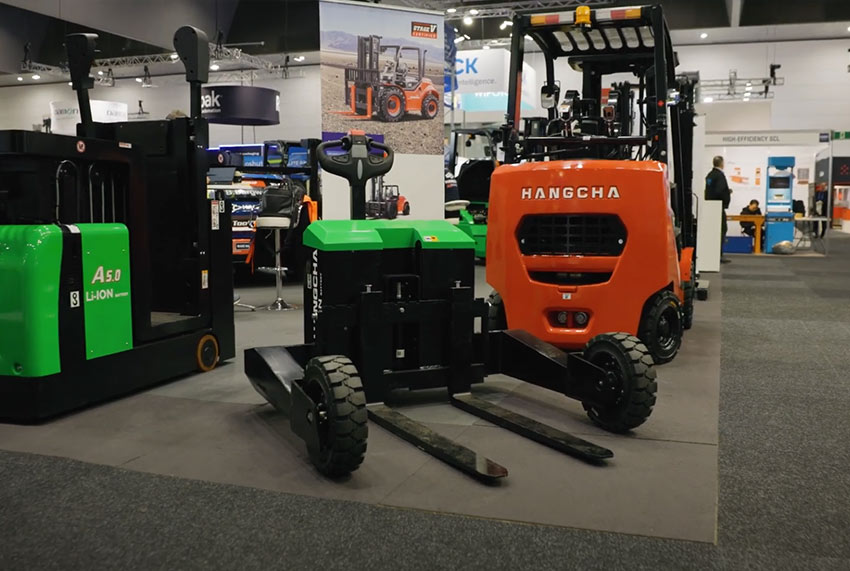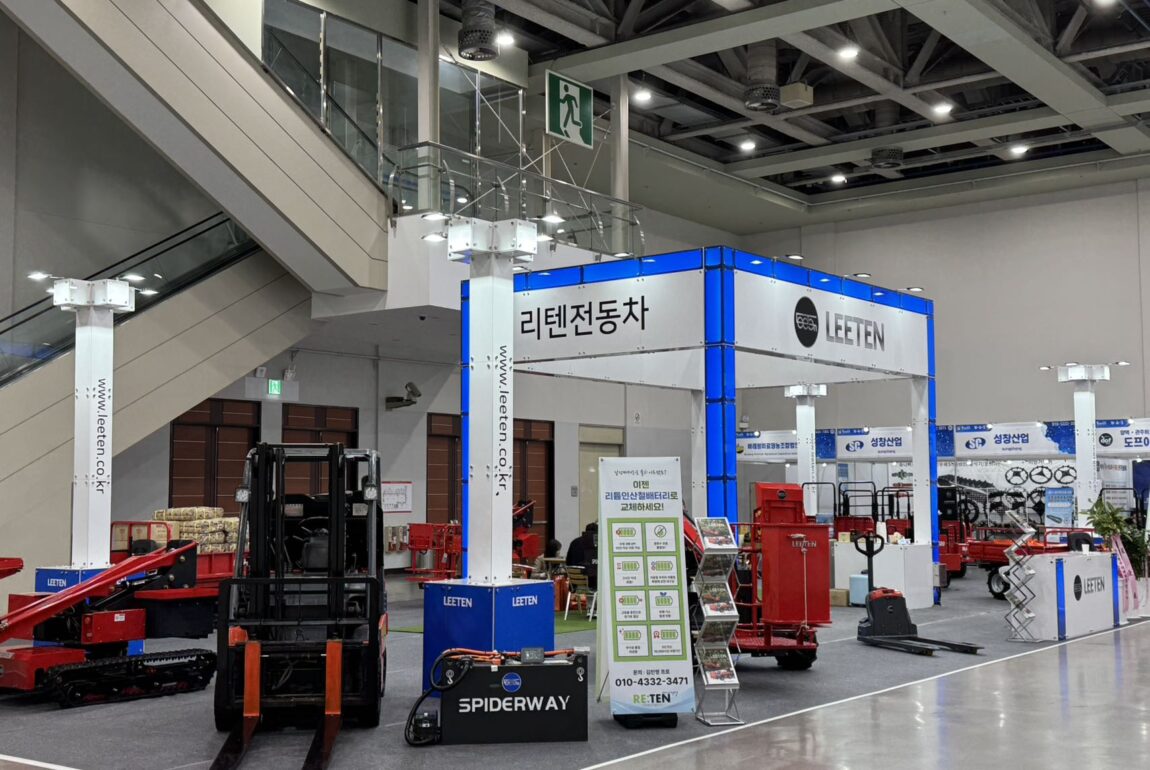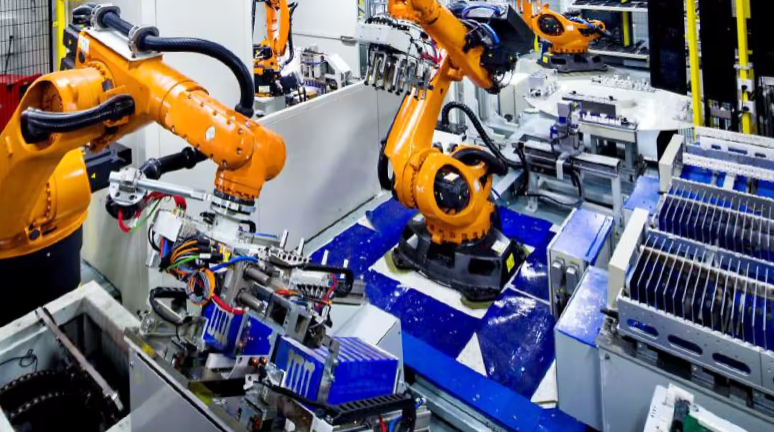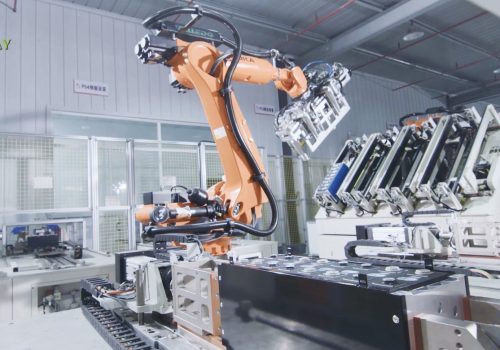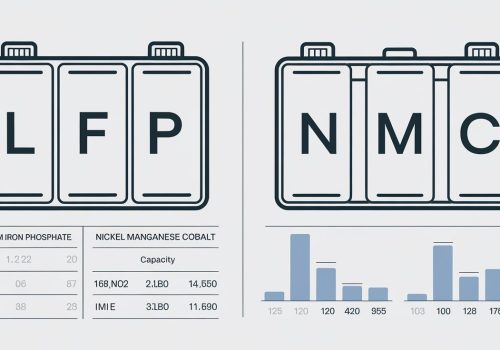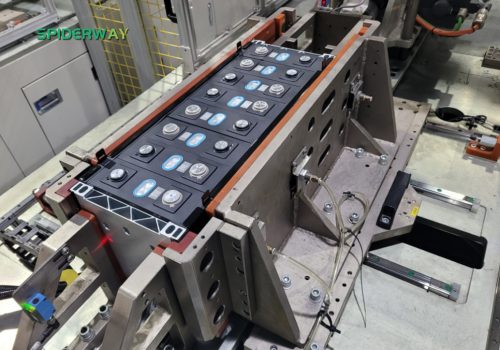
In the rapidly advancing world of lithium-ion battery technology, two acronyms often come up in discussions: LFP and LiFePO4. These terms refer to two different types of lithium-ion batteries, each with its unique properties and applications. This article aims to clarify what LFP and LiFePO4 mean, explore their differences, and highlight the benefits of one particular product in this field.
- LFP – Lithium Iron Phosphate
- LFP stands for Lithium Iron Phosphate, a type of lithium-ion battery that uses lithium iron phosphate (LiFePO4) as the cathode material. LFP batteries are known for their high thermal stability, long cycle life, and safety features. They are commonly used in electric vehicles, renewable energy systems, and power tools due to their robustness and reliability.
- LiFePO4 – Lithium Iron Phosphate (Olivine)
- LiFePO4, also known as Lithium Iron Phosphate Olivine, is the chemical compound used in LFP batteries as the cathode material. It is a high-voltage cathode material that offers excellent performance in terms of energy density, cycle life, and thermal stability. The term LiFePO4 specifically refers to the cathode material, while LFP is the overall battery type that incorporates this material.
- Differences Between LFP and LiFePO4
- While LFP and LiFePO4 are often used interchangeably, it’s important to note that LFP is the battery type, and LiFePO4 is the cathode material within that battery. The two terms are closely related but not synonymous. The LFP battery’s performance characteristics are largely due to the use of LiFePO4 as the cathode.
- Advantages of LFP/LiFePO4 Batteries
- Both LFP and the LiFePO4 cathode material offer several advantages, including:
- High energy density, allowing for longer runtimes.
- Excellent thermal stability, reducing the risk of thermal runaway.
- Long cycle life, which means the battery can be charged and discharged many times before degrading.
- Environmentally friendly, with fewer toxic materials compared to other lithium-ion chemistries.
Understanding the distinction between LFP and LiFePO4 is crucial for making informed decisions when choosing a lithium-ion battery for various applications. While both terms are related to the same cathode material, the LFP battery is the complete package that leverages the benefits of the LiFePO4 cathode.
Final Note:
For those seeking a high-performance LFP battery, SpiderWay’s LifePO4 product line stands out. SpiderWay’s LifePO4 batteries are designed with the latest technology, offering superior energy density, unmatched cycle life, and enhanced safety features. Whether for electric vehicles, renewable energy storage, or any application requiring reliable power, SpiderWay’s LifePO4 batteries are the smart choice for a sustainable and efficient energy solution. Experience the future of energy storage with SpiderWay’s LifePO4 batteries.
- Product on sale
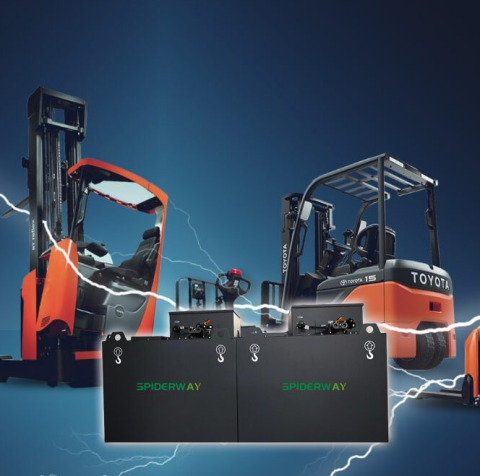 48V 404Ah LiFePO4 lithium battery for LIUGONG forkliftOriginal price was: $5,399.00.$5,318.00Current price is: $5,318.00.
48V 404Ah LiFePO4 lithium battery for LIUGONG forkliftOriginal price was: $5,399.00.$5,318.00Current price is: $5,318.00. - Product on sale
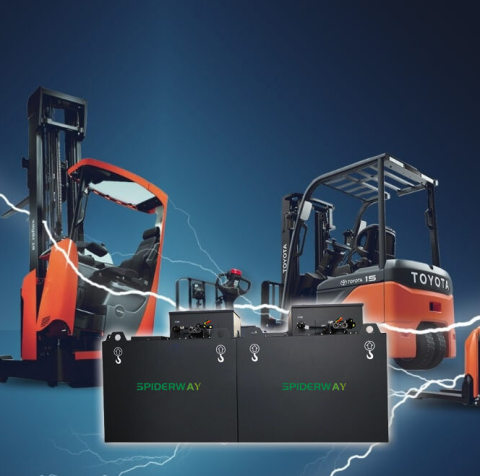 48V 606Ah LiFePO4 lithium battery for HELI forkliftOriginal price was: $7,999.00.$7,978.00Current price is: $7,978.00.
48V 606Ah LiFePO4 lithium battery for HELI forkliftOriginal price was: $7,999.00.$7,978.00Current price is: $7,978.00. - Product on sale
 80V 404Ah LiFePO4 lithium battery for HELI K2 3.5T forkliftOriginal price was: $8,399.00.$8,310.00Current price is: $8,310.00.
80V 404Ah LiFePO4 lithium battery for HELI K2 3.5T forkliftOriginal price was: $8,399.00.$8,310.00Current price is: $8,310.00. - Product on sale
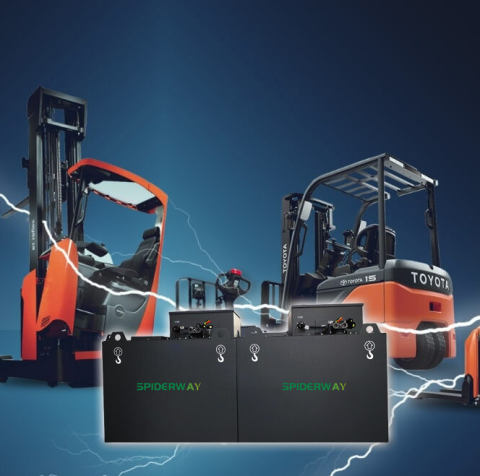 48V 404Ah LiFePO4 lithium battery for LIUGONG 2.5TforkliftOriginal price was: $5,399.00.$5,318.00Current price is: $5,318.00.
48V 404Ah LiFePO4 lithium battery for LIUGONG 2.5TforkliftOriginal price was: $5,399.00.$5,318.00Current price is: $5,318.00. - Product on sale
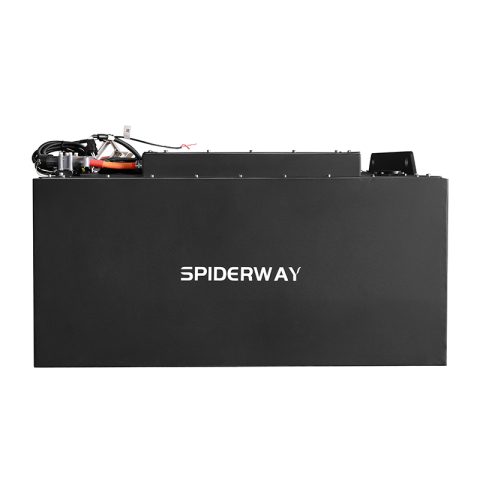 80V 544Ah LiFePO4 lithium battery for TOYOTA forkliftOriginal price was: $11,199.00.$11,190.00Current price is: $11,190.00.
80V 544Ah LiFePO4 lithium battery for TOYOTA forkliftOriginal price was: $11,199.00.$11,190.00Current price is: $11,190.00. - Product on sale
 48V 272Ah LiFePO4 lithium battery for LIUGONG forkliftOriginal price was: $3,599.00.$3,581.00Current price is: $3,581.00.
48V 272Ah LiFePO4 lithium battery for LIUGONG forkliftOriginal price was: $3,599.00.$3,581.00Current price is: $3,581.00. - Product on sale
 24V 202Ah LiFePO4 lithium battery for LINDE T20 forkliftOriginal price was: $1,399.00.$1,329.00Current price is: $1,329.00.
24V 202Ah LiFePO4 lithium battery for LINDE T20 forkliftOriginal price was: $1,399.00.$1,329.00Current price is: $1,329.00. - Product on sale
 48V 544Ah LiFePO4 lithium battery for HELI CPD20-F1 forkliftOriginal price was: $7,199.00.$7,162.00Current price is: $7,162.00.
48V 544Ah LiFePO4 lithium battery for HELI CPD20-F1 forkliftOriginal price was: $7,199.00.$7,162.00Current price is: $7,162.00. - Product on sale
 48V 165Ah LiFePO4 lithium battery for AGVOriginal price was: $2,199.00.$2,172.00Current price is: $2,172.00.
48V 165Ah LiFePO4 lithium battery for AGVOriginal price was: $2,199.00.$2,172.00Current price is: $2,172.00.
Author Profile

- https://tawk.to/chat/6228c78d1ffac05b1d7dc569/1ftnkn0nk
- SpiderWay LiFePO4 battery sales engineer with ten years of experience in industrial vehicle batteries, ready to answer any questions you may have about industrial LiFePO4 battery products.
Latest entries
Industry NewsNovember 13, 2024Analysis of the Demand for Chinese LiFePO4 Power Batteries in the Brazilian Market
DOOSANNovember 13, 2024South Korea LiFePO4 Battery Brands and Successful OEM Collaborations with Chinese Manufacturers
Industry NewsNovember 12, 2024Analyzing the Demand for Chinese LiFePO4 Power Batteries in Turkey’s Market
Industry NewsNovember 12, 2024การวิเคราะห์อุตสาหกรรมผลิตและความต้องการตลาดของแบตเตอรี่ลิเทียมไอออน LiFePO (LFP) ในไทย

